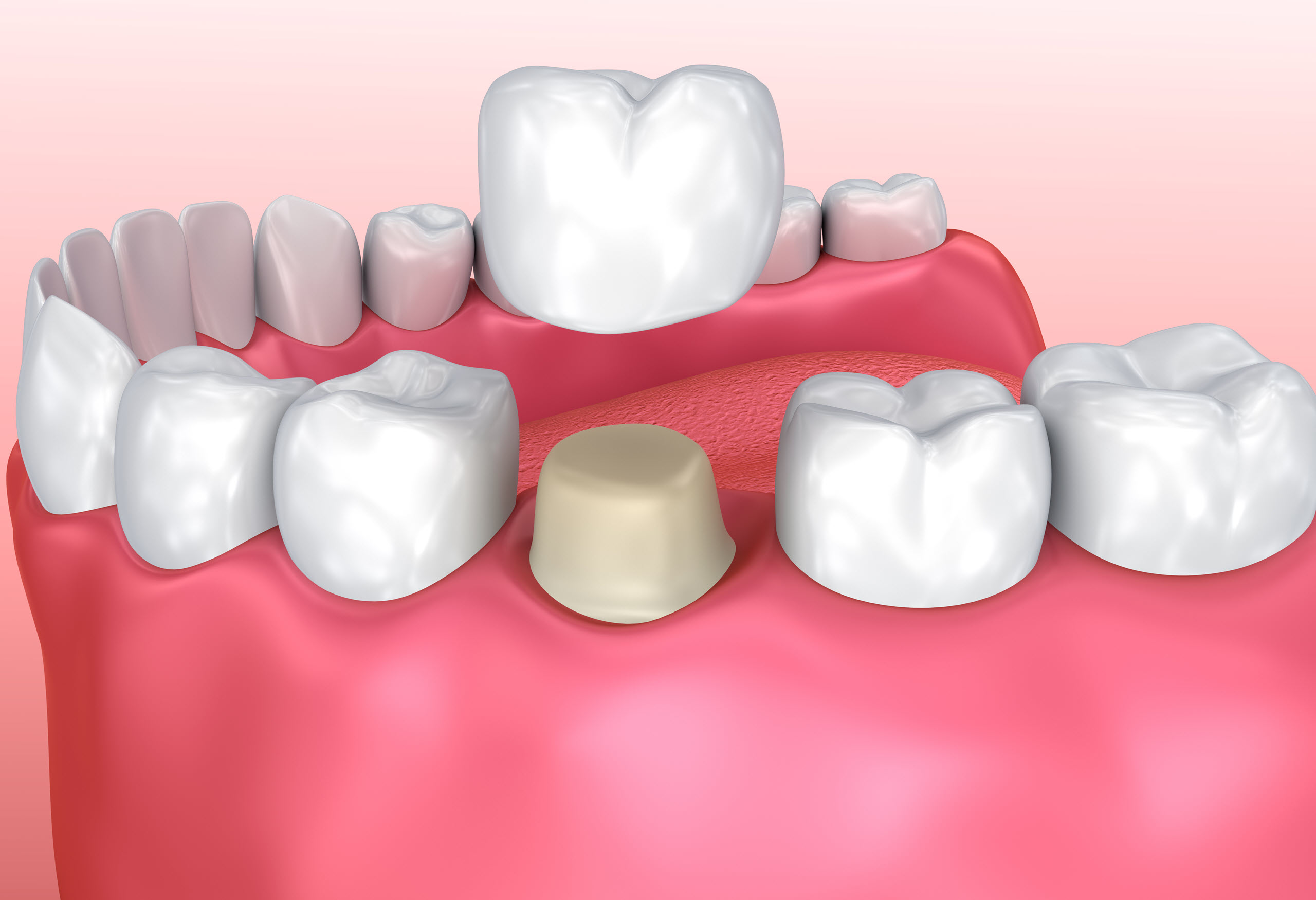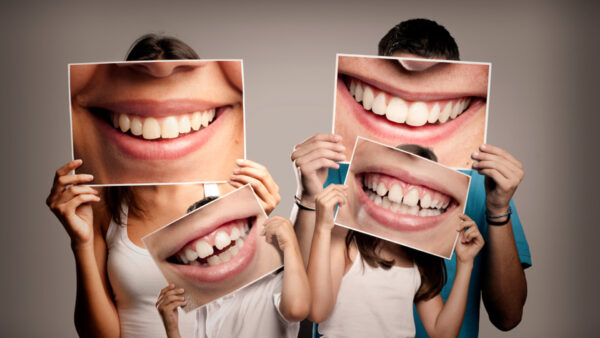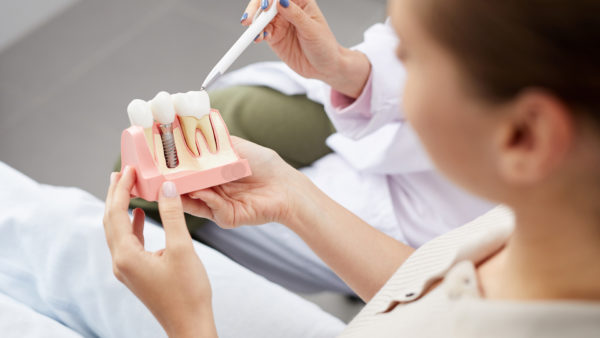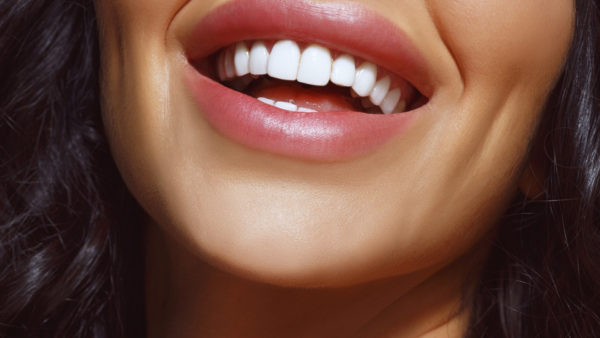A mattress advertisement that I recently heard stated that “your mattress should be changed every eight years.” I didn’t hear any good reason why that is the case or any scientific evidence to back that up, but alas, I am not a mattress expert.
I am often asked, however, “how long should my crowns last,” and I am hard-pressed to come up with an exact answer, unlike the mattress company.
There are so many variables that affect the lifespan of a crown, including the type of material used, care and quality of the dentist and laboratory, oral health and hygiene of the patient, as well as diet. Does the patient take medications, which affect decay rates, do they grind or clench their teeth, and do they have small or large chewing muscles? Do they eat candy all day, or do they feast on celery and carrots, and do they chew ice?
I wish I could be as exacting as the mattress company, but I just can’t. We dentists can, however, usually tell when a crown should be replaced. If we see decay on an x-ray or notice a soft spot around an existing crown, or we feel an opening where food gets in, it may be time for a change.
Sometimes older crowns are candidates for replacement due to gum recession and/or esthetic considerations. Crowns can “wear out,” fracture, perforate or become deformed and ill-fitting. When your dentist or hygienist sees a problem, they will bring it to your attention, but unless they have a crystal ball, it’s impossible to put crowns in the same category as mattresses.
For more information on this topic contact Dr. Guller at: askdrguller@aol.com or call 201-391-5565.





Leave a Reply